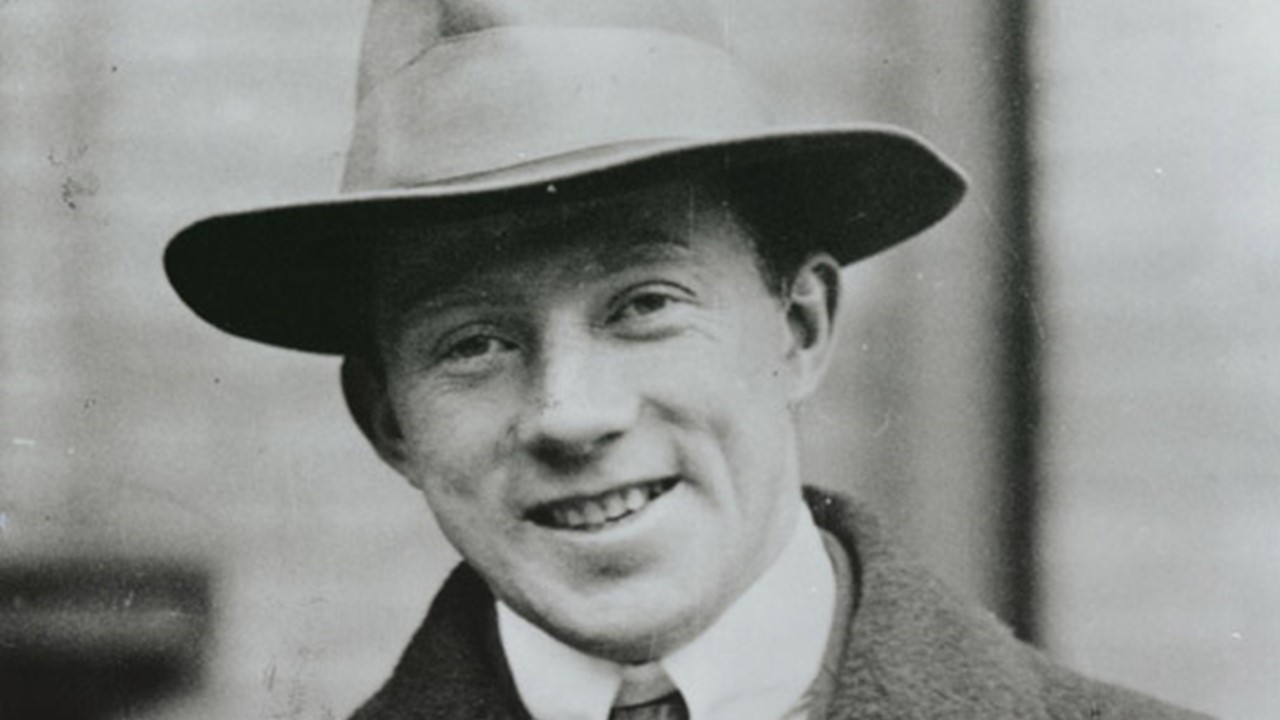
German physicist Werner Heisenberg is well known as one of the founders of quantum mechanics. Heisenberg was only 25 years old when he arrived at the uncertainty principle, which became the basis of Bohr-Einstein debate on the nature of reality.
For his pioneering contributions, Heisenberg was recognized by the Nobel Prize committee in 1932. He was among the youngest recipients of the Nobel Prize. The following are five rules or lessons in quantum mechanics by one of its creators, Werner Heisenberg.
1. The more precise the measurement of position, the more imprecise the measurement of momentum - and vice versa.
This is how Heisenberg summarized uncertainty principle in one line. Niels Bohr proposed later on that "complementarity" is a fundamental feature of reality. In other words, particles have certain pairs of complementary properties which cannot be observed simultaneously.
Earlier, the words "position" and "velocity" of an electron seemed perfectly well defined as per the mathematical framework of Newtonian mechanics. But actually when we are going to such unimaginably small scales, they are not well defined in accordance with uncertainty equation.
2. Wave particle duality arises because of limitation in our language.
By nature, light and matter are single entities. However we cannot describe them as they are - hence the solution is to split their overall behavior into wave and particle like properties. Because that is the limitation of human language, says Heisenberg.
Our language was invented to study and describe the experiences of daily life consisting of processes and objects involving large numbers of atoms. The apparent duality at small scales is a result of this limitation.
3. All particles are made of the same substance: energy.
In quantum mechanics, the smallest units of matter are not physical objects in the ordinary sense - they are forms and ideas which can be expressed only by means of a mathematical language. This makes true what Pythagoras famously said: All things are numbers.
Moreover, particles are not eternal and indestructible - they can be transformed into each other. For example: if two particles moving with a very high kinetic energy collide, then many new elementary particles may be created from the available energy and the old particles will have disappeared in the collision.
4. What we observe is not nature herself, but nature exposed to our method of questioning.
According to Heisenberg, physics does not simply describe and explain nature; it is part of the interplay between nature and ourselves; it describes nature as exposed to our nature of questioning.
As a matter of fact, every experiment destroys some of the knowledge of the system which was obtained by previous experiments. Can nature possibly be so absurd? asked Heisenberg, as he struggled to make sense of the world.
5. If you're not shocked by quantum mechanics, you don't understand quantum mechanics.
The very foundations of physics were shaken up by the arrival of new quantum theory. Heisenberg has said: Whenever we proceed from the known into the unknown, we may have to learn a new meaning of the word "understanding." Much of everything that was known before became null and void overnight.
For example: The law of causality is no longer applied in quantum theory and the law of conservation of matter is no longer true for the elementary particles.
That is why, before studying quantum mechanics one must discard all pre-existing notions about the world and forget what was learned in large scale or Newtonian physics.
How did Heisenberg cope? Heisenberg admired Eastern philosophy and saw parallels between it and quantum mechanics. He stated that after having conversations with Rabindranath Tagore about Indian philosophy "some of the ideas that seemed so crazy suddenly made much more sense".






 Physics, astronomy and science history blog for students
Physics, astronomy and science history blog for students
Responsive Ad Slot